
Afghanistan Emergency
Home
Current Appeals
Afghanistan Emergency
In a crisis that’s largely left the headlines, we can’t forget about kids in Afghanistan.
Over the past few years, these children have faced immense challenges. Ongoing conflict, earthquakes, drought, disease outbreaks and economic shocks have pushed many kids into dangerous circumstances.
Today, more than 12 million children in Afghanistan need our help.
Even the most basic of needs - food, clean water, healthcare and education are beyond the reach of many kids. Which is why we're working tirelessly to deliver life-saving assistance to children and families in greatest need. And while this emergency isn’t getting the attention it deserves right now, we cannot turn our backs on children when they need us most.
UNICEF is on the front lines in Afghanistan, working to support children before, during and after emergencies since 1949. To continue to be there for kids in Afghanistan, we need your help.
Please make a donation today.
You'll be supporting ongoing emergency response work and long-term life-changing programs that help improve children's well-being today and their prospects for the future.
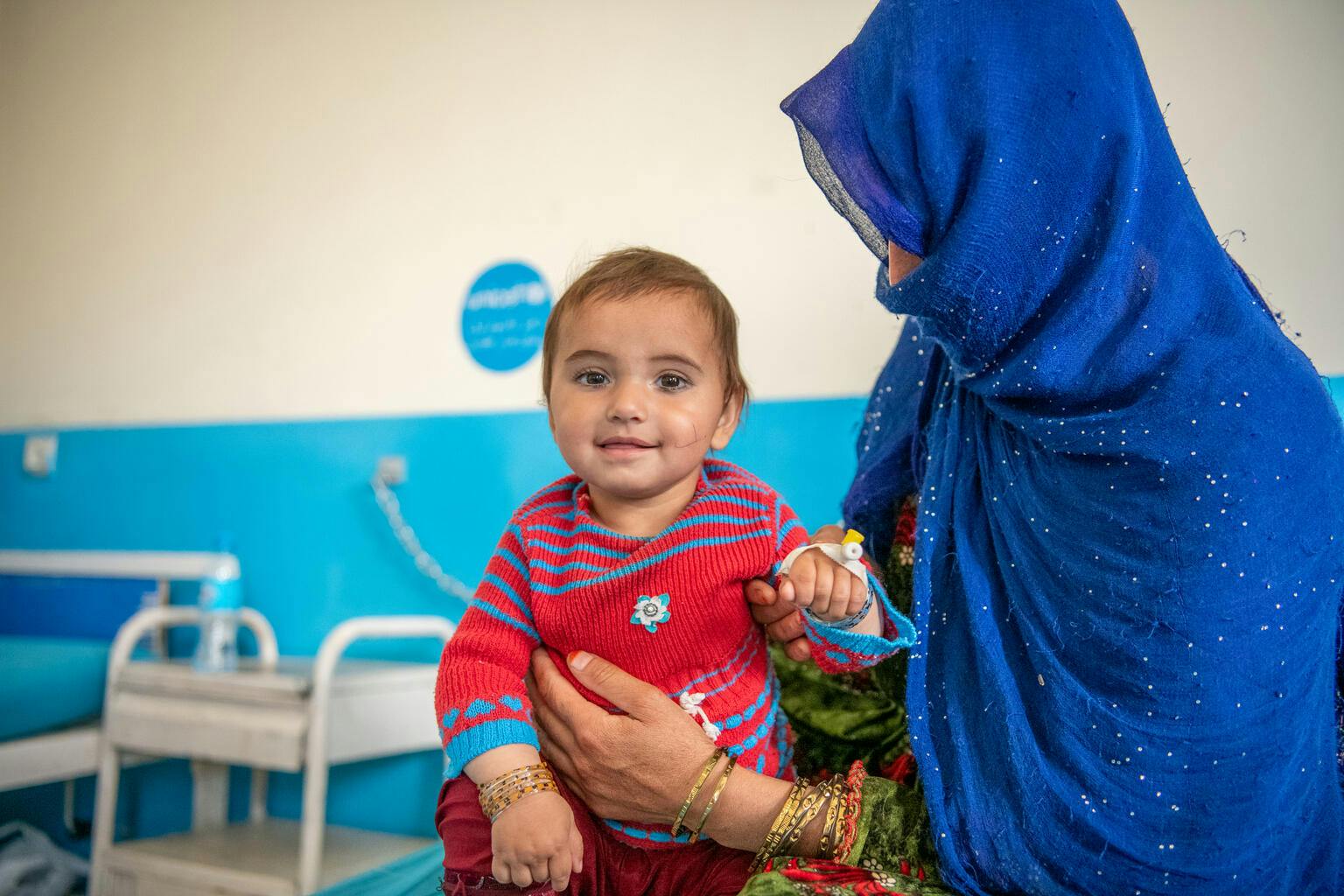
You can help parents in Afghanistan get essential support for their children.
Desperate mums and dads in Afghanistan are being forced to make near impossible choices. How do you choose between buying food or medicine for your child?
When Basmina’s daughter Adela got sick, she feared she would lose her little one. "For three days, Adela was constantly vomiting and experiencing diarrhoea," she recalls. Basmina took her daughter to a private clinic, but the prescribed treatment was too expensive.
“We couldn't afford to pay for it” says Basmina.
The family struggle to afford even basic meals, and Basmina had no money to pay for a taxi to reach the nearest hospital. All the while, Adela was getting worse.
In sweltering heat, her and her husband embarked on a two-hour journey on foot, carrying their sick daughter to the UNICEF-supported Wardak Hospital.
“I thought she wouldn't make it" says Basmina. But they got there just in time.
“Adela was frail and pale, even struggling to keep her eyes open” says Dr. Leila Anwari, paediatrician at Wardak Hospital. She diagnosed Adela with acute dehydration caused by acute watery diarrhoea.
Thanks to support from UNICEF and our donors, Adela received the immediate treatment she needed to help her recover.
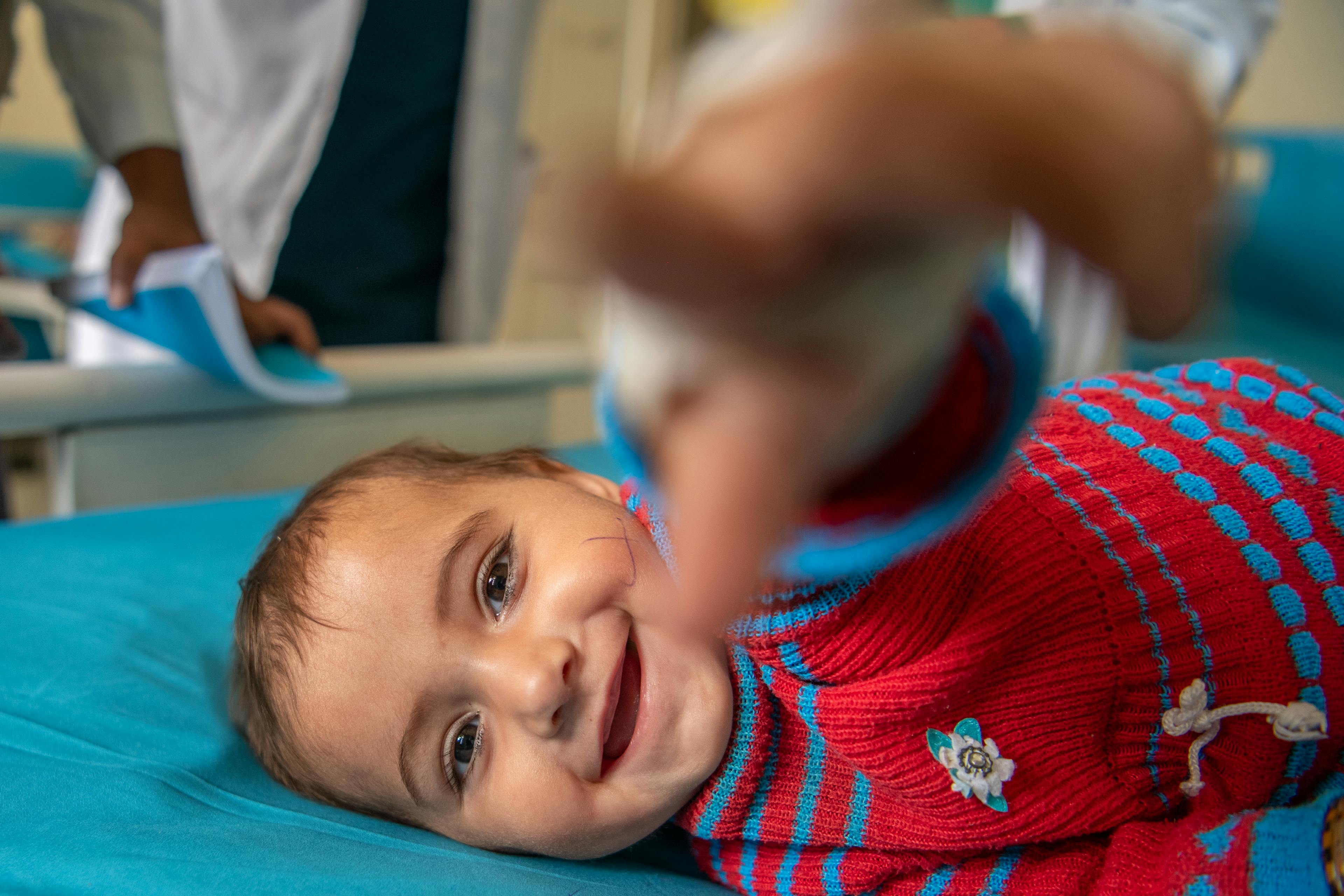
Adela is smiling and laughing again as she recovers from life-threatening case of acute watery diarrhoea.
Providing simple supplies like oral rehydration salts, water purification tablets and medicines, is helping save the lives of children like Adela.
What's the humanitarian situation like for kids?
It's a struggle for Kids in Afghanistan. Every day they face the challenge of finding clean water to drink, having somewhere to wash their hands, getting enough to eat and a place to go to school. But we know these children are resilient and are hopeful for a better future.
How does the situation look right now in Afghanistan:
- 23.6 million people (more than half of Afghanistan’s population) are in need of humanitarian assistance.
- 4.2 million kids are not currently in school, 60% of them are girls. The ban on secondary education is still in place for girls.
- 41% of children have stunted growth and development. Nearly 900,000 children will need treatment for severe acute malnutrition in 2024.
- Only 67% of families don't have access to safe water for drinking, cooking and personal hygiene.
- Climate related emergencies such as drought, harsh winters and flooding are having greater impact on already vulnerable families.
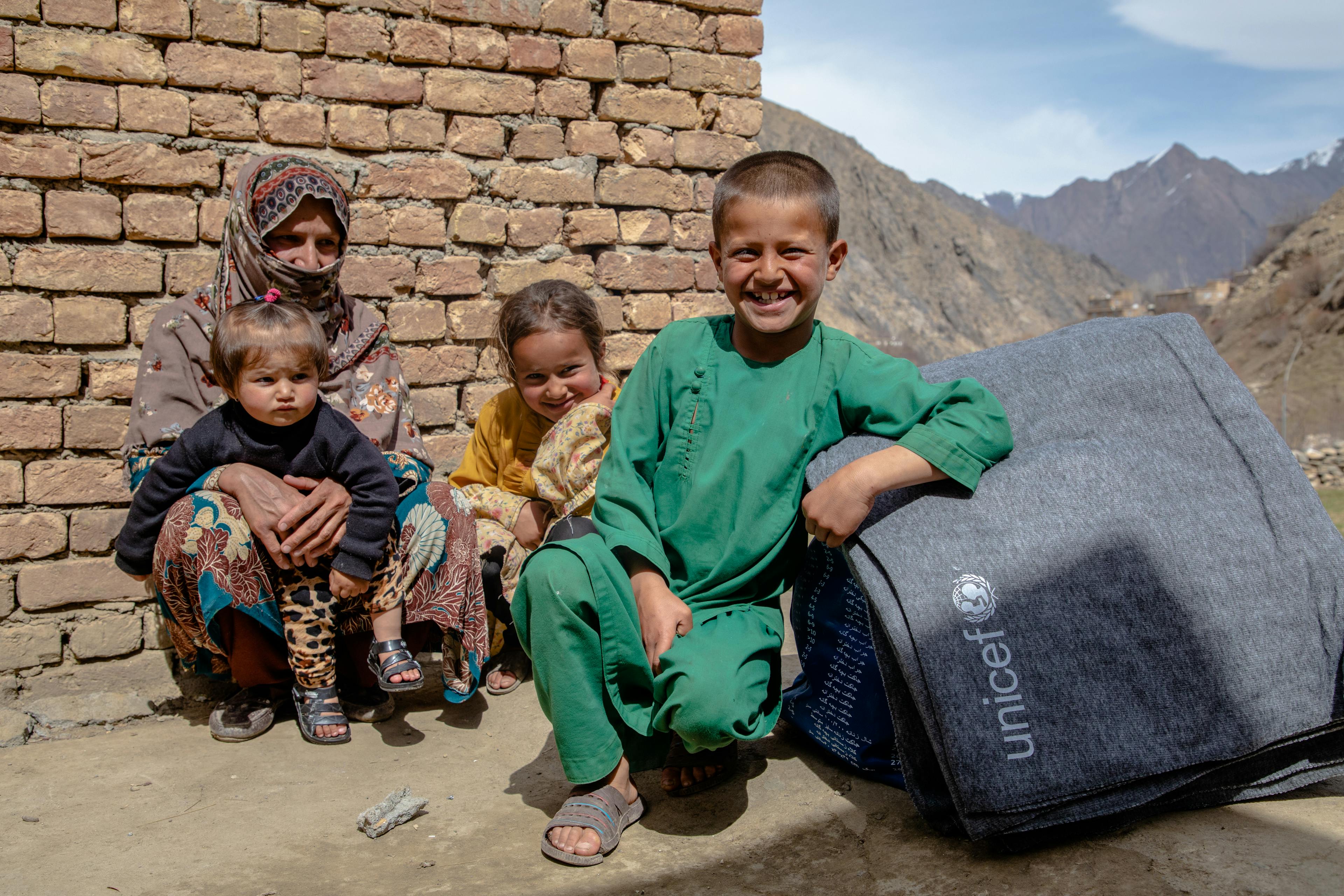
Razia and her six children open a winter clothing kit in Panjshir Province, Afghanistan. Razia was grateful for the winter clothes, but she is also worried about her children's health. At the time of this visit, one of her sons was sick with pneumonia and in Kabul with his grandparents.
How's UNICEF supporting kids
The humanitarian needs of children in Afghanistan are diverse. Our response needs to be wide-reaching, at scale, and focused on immediate delivery with long-term impact.
- We've been helping kids in Afghanistan since 1949.
- We support rapid emergency response work and long-term sustainable programmes.
- We helped over 10 million children get access to primary healthcare in 2023.
- We're supporting more than 2,500 healthcare facilities.
- So far in 2024, we've protected 700,000 kids against measles.
- We're keeping 2.7 million children in primary education and running community-based education classes for 600,000 children – two thirds of them girls.
- We're using climate resilient water facilities and solar powered pumps to bring clean water to children and their families.
- In the first half of 2024, we treated 272,000 children for severe acute malnutrition.
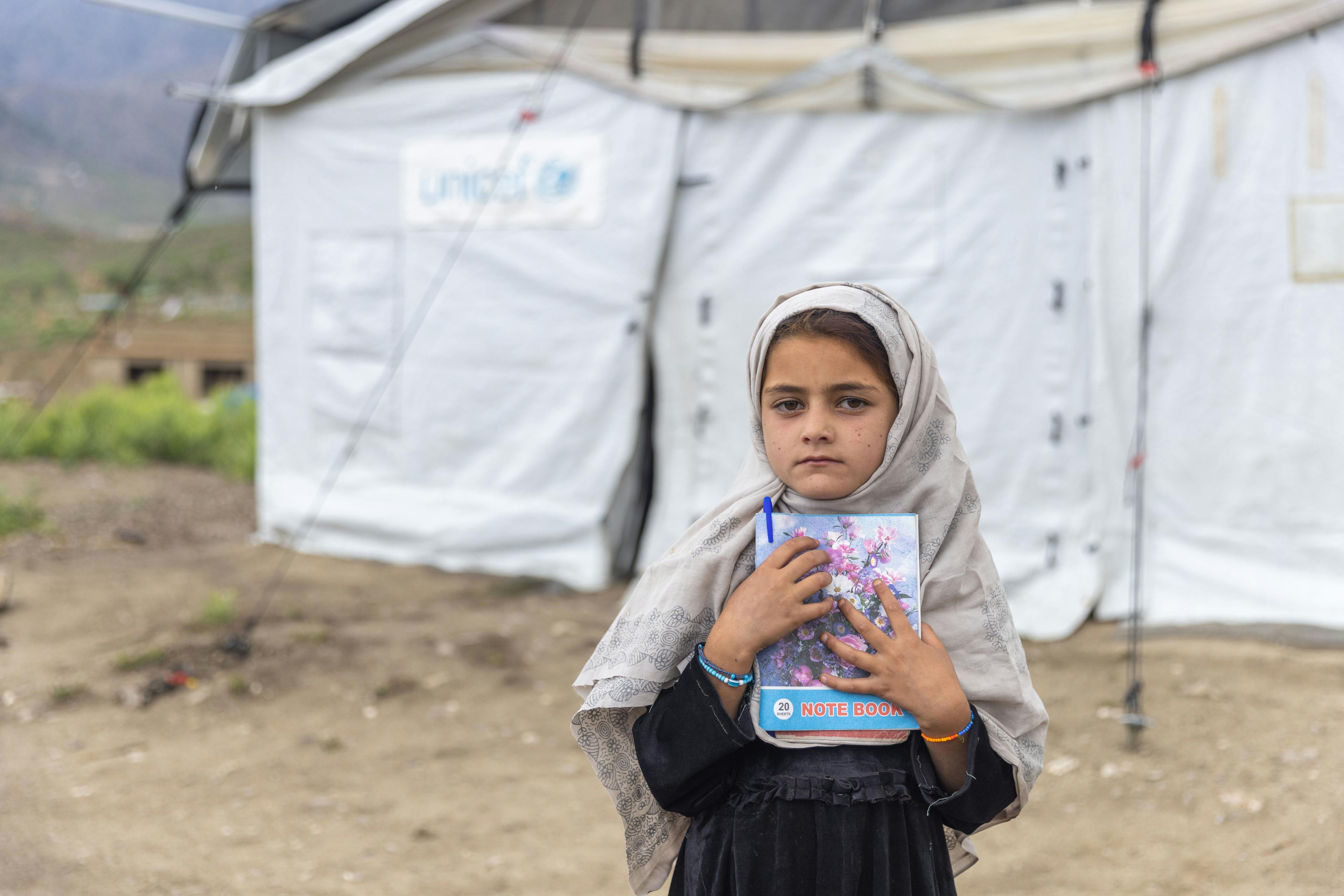
A little girl clutches her notebook outside a UNICEF-supported child-friendly space in Gayan District, Paktika Province, Afghanistan. This child-friendly space was established in the community to help children cope with their trauma after the June 2022 earthquake.
Why donate to UNICEF?
UNICEF’s work is 100% donor funded. We rely on the generosity of people like you to deliver life-saving help and supplies to kids in 192 countries and territories around the world.
UNICEF has been supporting children and their rights for more than 75 years. We have decades of experience responding in emergency situations (300+ each year). And with a web of supply hubs and logistic networks across the world, and expert committed staff on the ground – we’re uniquely positioned to maximise the impact of every dollar donated.
We’ve been in Afghanistan since 1949 and we’re not going anywhere. We have offices and teams across the country, and in neighbouring countries, working around the clock to deliver for children.
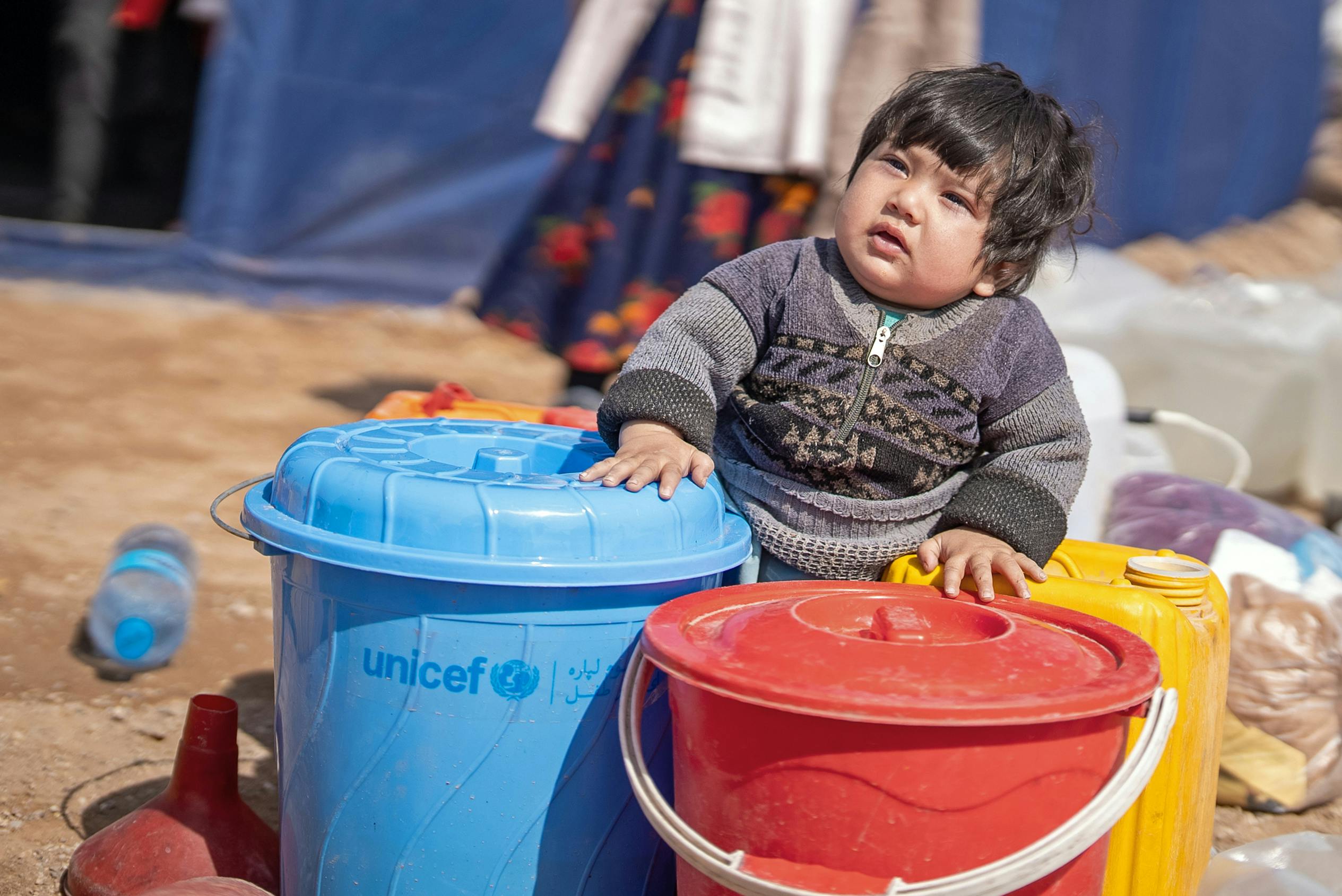
2 year old Mohammed sits with a water bucket provided by UNICEF in Koshkak village, Zinda Jan District, western Afghanistan.
Other ways you can donate
If you'd like to donate over the phone, call our friendly team on 0800 243 575.
If you'd like to donate direct to our bank account, please use account 01-0505-0463764-00 and code 'afg-ws'.
Other ways you can help Afghan children:
Help us spread awareness of the situation for kids in Afghanistan by sharing this appeal with your friends and family.
If you'd like to fundraise with your community to support our work, you can start a fundraiser here.
Disclaimer:
In the event that funds raised exceed UNICEF's funding requirements, the appeal no longer needs funding, or the decision is made to close this appeal, your one-off or ongoing monthly donation will go to our Greatest Need Appeal. Where possible we will communicate this with you, however in some circumstances this might not be possible.
Your life-saving monthly donations will support this appeal for a period of six months. After that they will go into our Greatest Need Fund to save and protect kids worldwide.
UPDATED: 4th September, 2024
Donate to this appeal
SSL protected donation




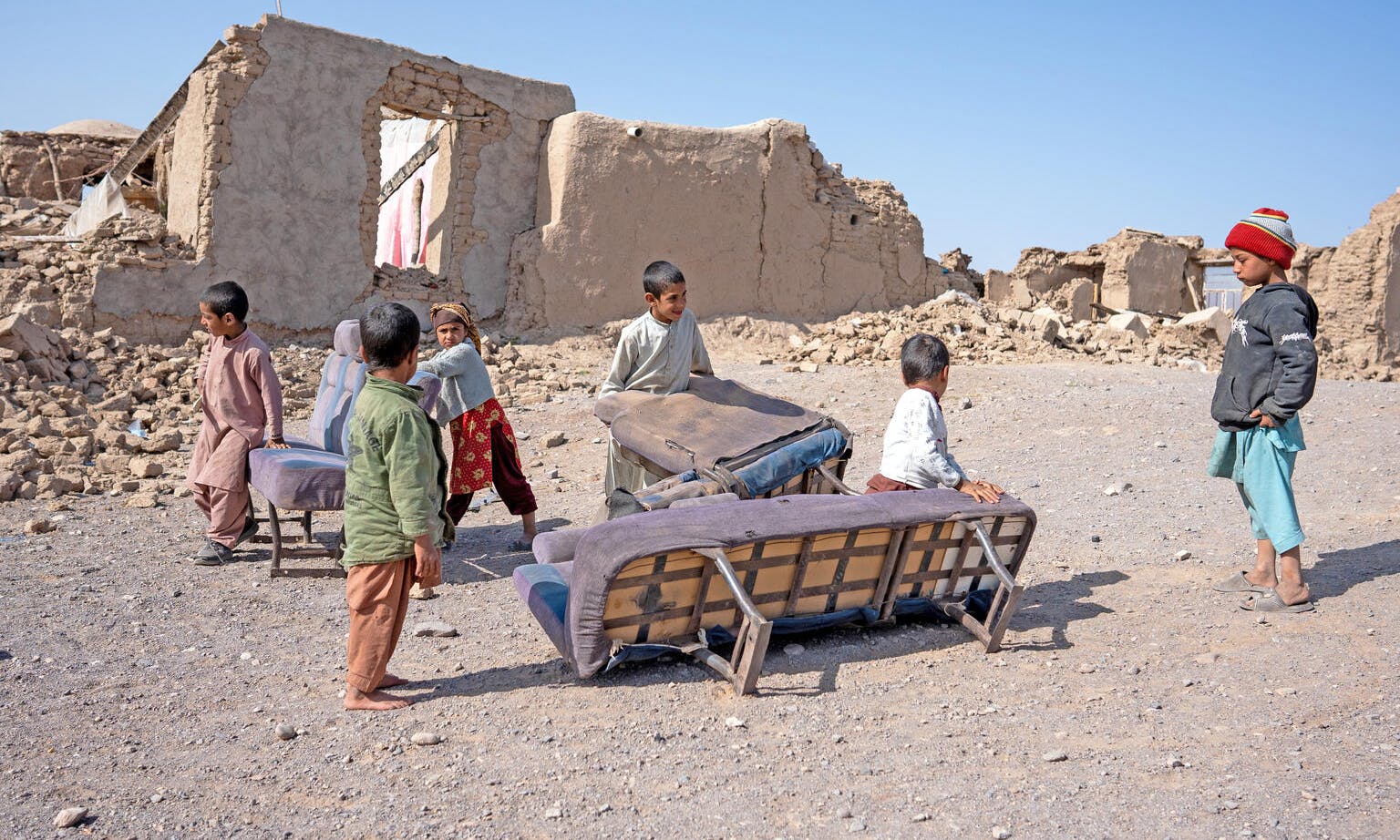
96,000 children affected by earthquakes in western Afghanistan in dire need of support this winter
100 days after the earthquakes, UNICEF calls for greater healthcare, clean water and sanitation services for children suffering life-threatening winter conditions. Over 1,000 people, most of whom were women and children, lost their lives in Afghanistan’s earthquakes last October. In addition, 31,000 homes were destroyed, or severely damaged, and countless families lost livelihoods, livestock and crops. Three months on, the impact of Herat’s earthquakes lingers.
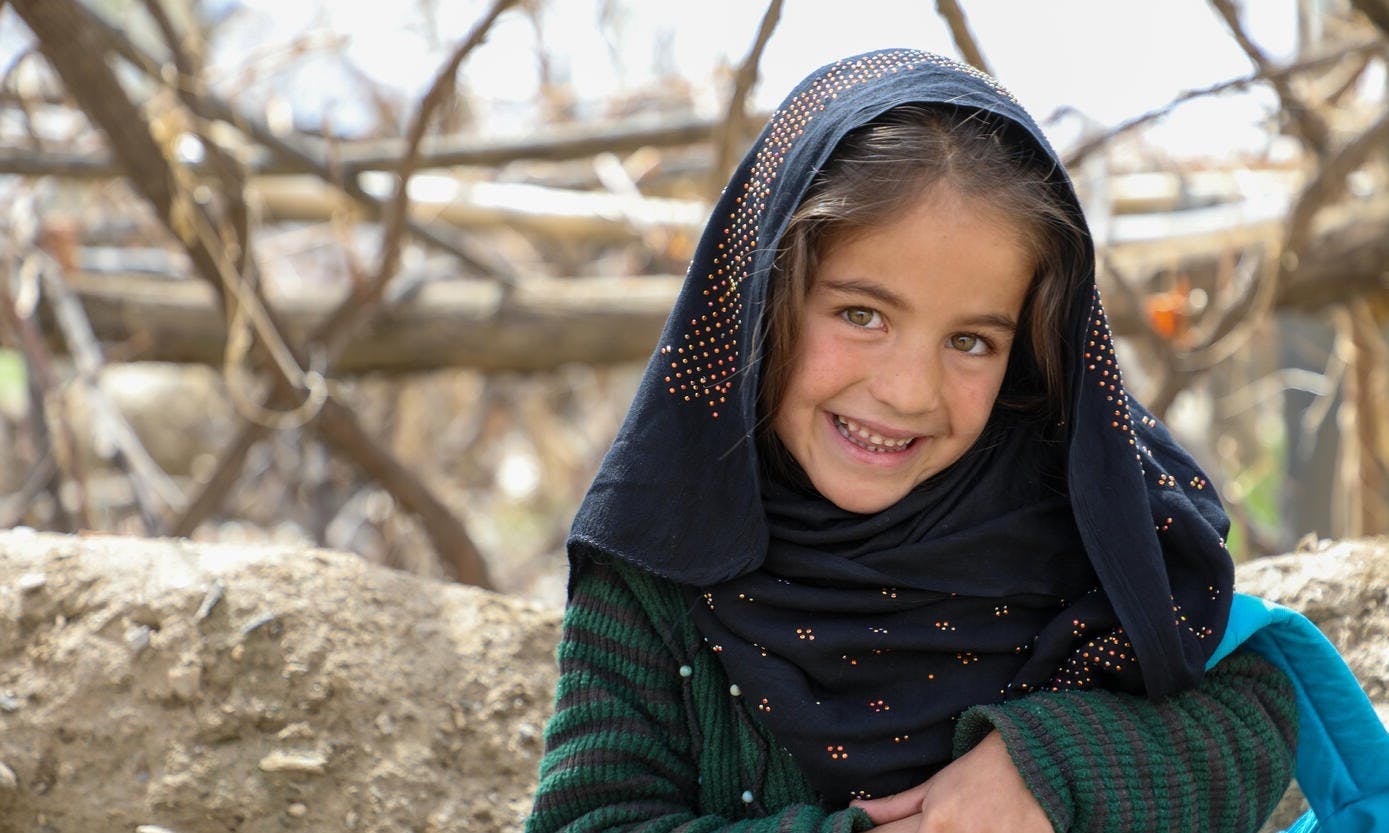
Making an impact during a tough year for kids in Afghanistan
Afghanistan is one of the toughest places for a child to live. This was made worse in 2022 when the country was hit by earthquakes, disease outbreaks, and flash floods.
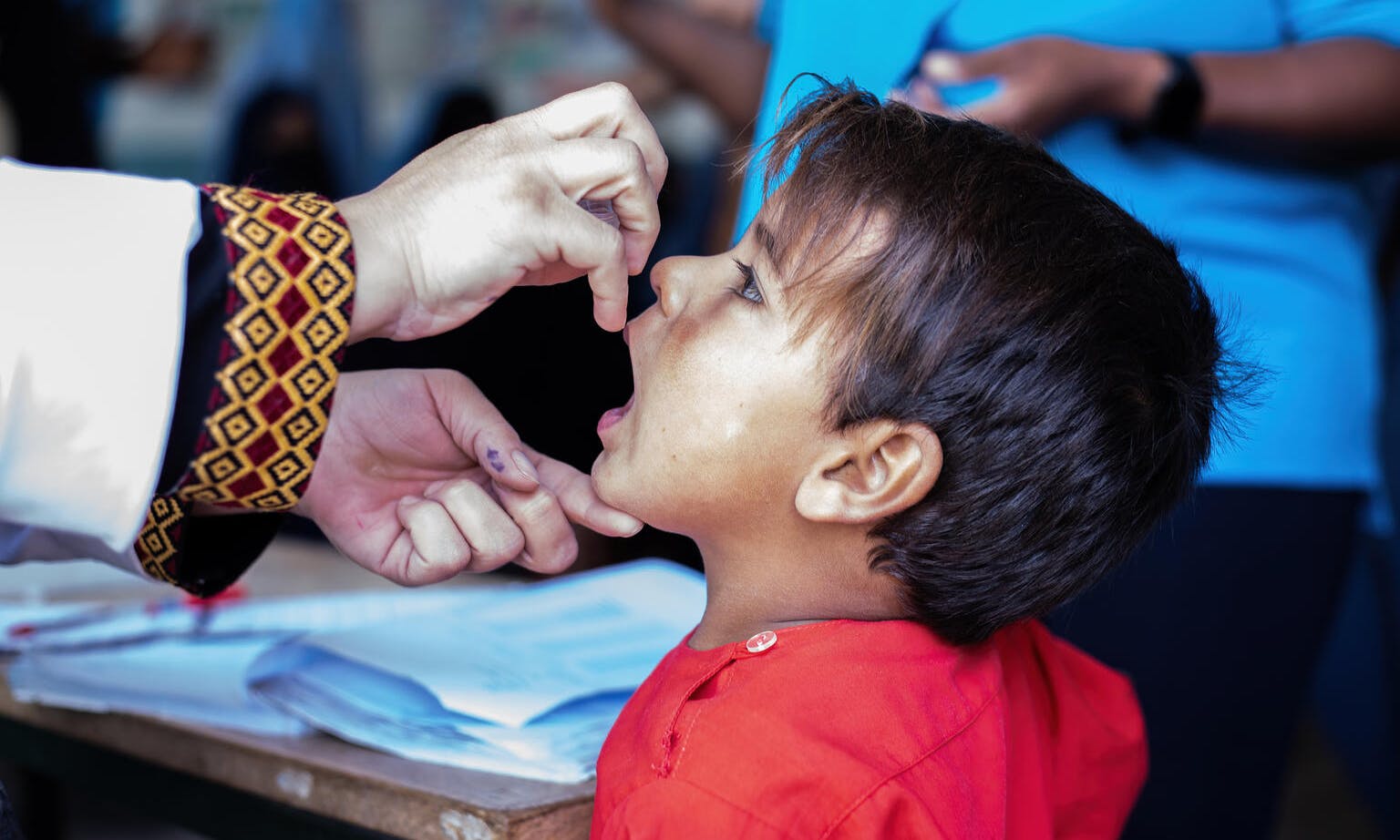
Two drops is all it takes to protect a child from polio
With only one case of poliovirus reported in 2021, Afghanistan has an extraordinary opportunity to eradicate polio. The recent vaccination campaign is crucial for preventing resurgence of polio within the country.
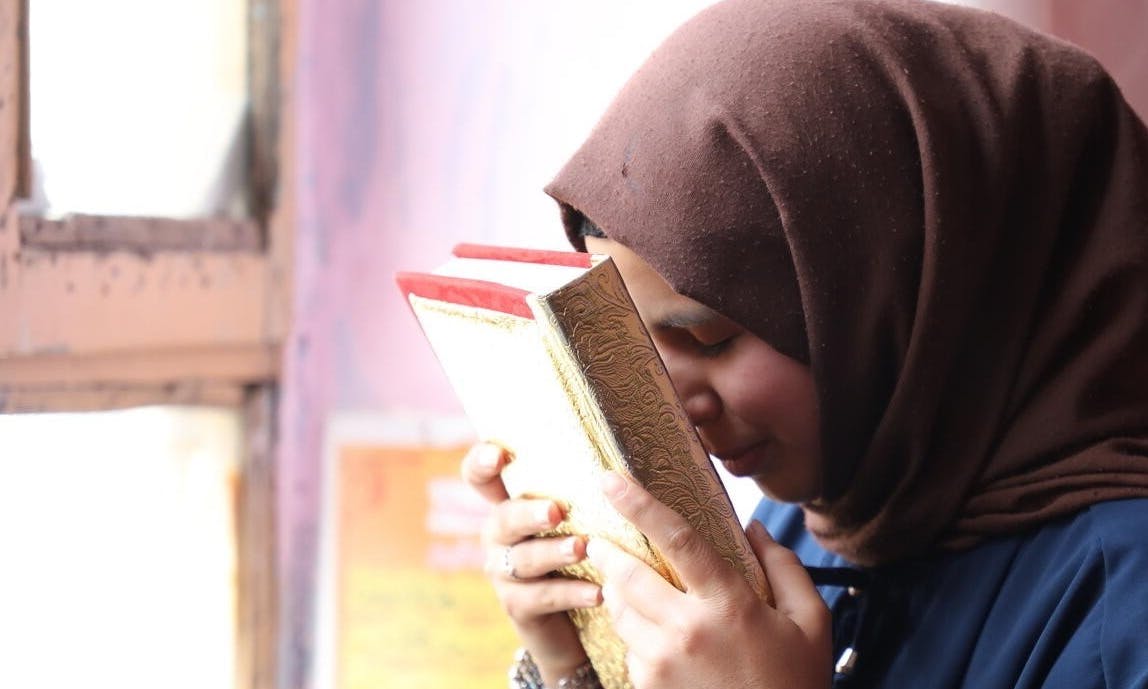
Girls in Afghanistan: One year on
In August 2021, the Taliban regained power in Afghanistan. The takeover has crippled social services, such as health and education. Girl's grade 7-12 have been banned from continuing their education.